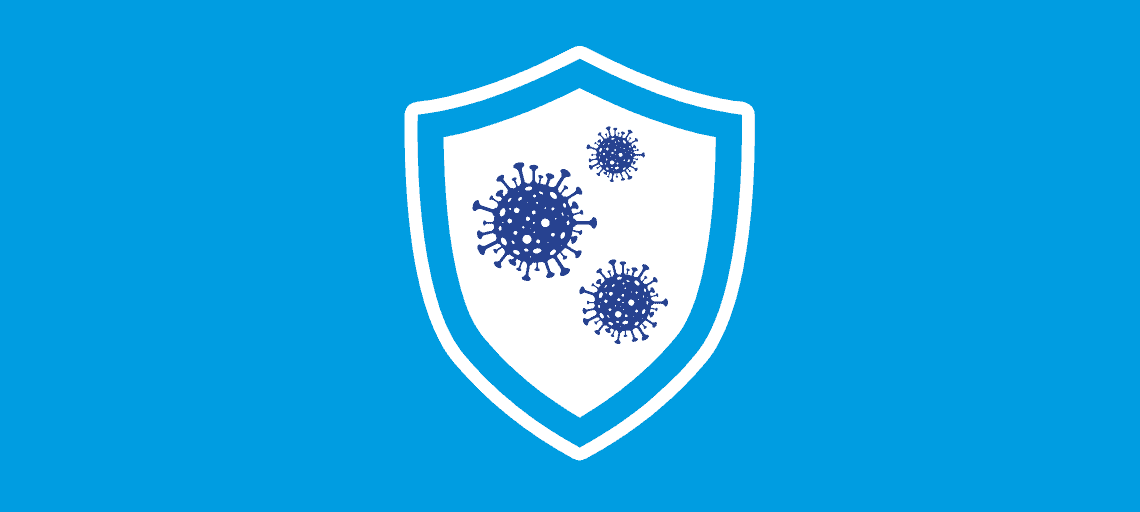Led by Professor Erica Donner of UniSA, CRC SAAFE will tackle resistance to essential antibiotics, antifungals and antivirals that, if not addressed, could wipe up to $283 billion from the Australian economy by 2050.
Antimicrobials such as antibiotics, antifungals and antivirals are essential for managing disease in humans, animals and plants, however, their widespread use has led to microbes becoming resistant to them, rendering them ineffective, a phenomenon called antimicrobial resistance (AMR).
Prof Donner, CEO of CRC SAAFE, said in a statement that AMR needs to be tackled at its source, where it emerges and spreads between farms, in feed and food production systems, and in waste processing.
“Antimicrobials are used in so many ways. They are used to treat our livestock, our crops, and ourselves,” Prof Donner said. “They end up being flushed down toilets, sprayed in organic fertiliser, carried through water supplies, produce and stock feed. We need to do everything we can to stop the spread of resistance.”
Partners from the water, organic waste, aquaculture, horticulture, viticulture, animal feed and livestock sectors will work together to develop shared solutions to monitor, manage and mitigate the spread of AMR.
New technologies deployed will include IoT sensors, genome sequencing, artificial intelligence and advanced analytics. CRC SAAFE partners will develop solutions such as waste treatment technologies and new animal feeds and supplements.
Water Research Australia has partnered with CRC SAAFE to coordinate the water industry consortia throughout its 10-year duration. By bringing together the water sector under one banner, WaterRA will assist the sector to develop and deliver a one-health approach to understanding, treating, and maximising the opportunities that the AMR challenge brings.
WaterRA’s Senior Research Manager Dr Kelly Hill said this opportunity will see our partners working to protect Australia’s reputation and status as a provider of high-quality water and agricultural products internationally, our long-term reliability of water reuse and reducing the risk of AMR-related agricultural trade barriers.
“Being at the forefront of new developments in AMR management practices and by addressing factors that can reduce disease burden (such as water quality and waste management), developing alternative interventions, and ensuring appropriate and effectual treatment, the CRC will deliver both immediate and medium term benefits to industry, through outcomes such as improved treatment options, and water recycling benefits to the agribusiness community,” Dr Hill said.
To join the water industry consortia contact Karen Rouse or for more information visit the CRC SAAFE website.



